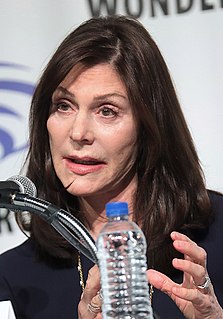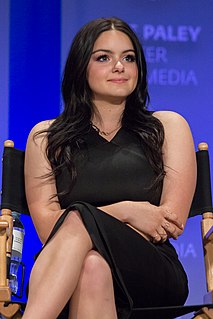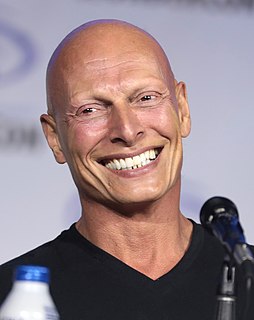A Quote by Alan Lightman
I wouldn't overall say that "The Diagnosis" is a funny book. I would say that it has comic moments. It's a modern tragedy.
Related Quotes
To me, my favorite comic book movies were the ones that were never based on comic books, like Unforgiven. That's more the kind of thing that get us inspired. Usually when you say something's a comic book movie, it means you turn on the purple and green lights. Suddenly that means it's more like a comic book, and It's not really like that.
I don't change the language for children books. I don't make the language simpler. I use words that they might have to look up in the dictionary. The books are shorter, but there's just not that much difference other than that to be honest. And the funny thing is, I have adult writer friends [to whom I would say], "Would you think of writing a children's book?" and they go, "No, God, I wouldn't know how." They're quite intimidated by the concept of it. And when I say to children's books writers, would they write an adult book, they say no because they think they're too good for it.
I think every filmmaker makes different choices. I remember in the early days, in some of the early comic book movies, certain white dissolves were used that would try to emulate the look and feel of comic book panel borders. Sometimes they would frame shots in panels or circles that gave it a real comic book feel.
I've never been funny. I don't think I'm funny. People say I'm funny. I go, 'No. No. I'm not.' But again, knowing what it means to film on a TV show and on film, you have to repeat, repeat, repeat. You have to do the same thing a number of times if you're filming a sequence. And to carry that energy in a comedic mode, would be a challenge that I really would frightfully scared, but I'd have to buck up and pull up my bootstraps and say, 'I can do this. Let's figure it out.'
Whenever you take a general meeting, inevitably you run out of things to talk about, they'd always say, 'What's your dream project?' I would always pull out 'Gerald's Game.' If they knew the book, they'd say, 'Well, that's unfilmable.' If they didn't know the book it would take about 30 seconds of my pitch to say, 'That's not a movie.'





































